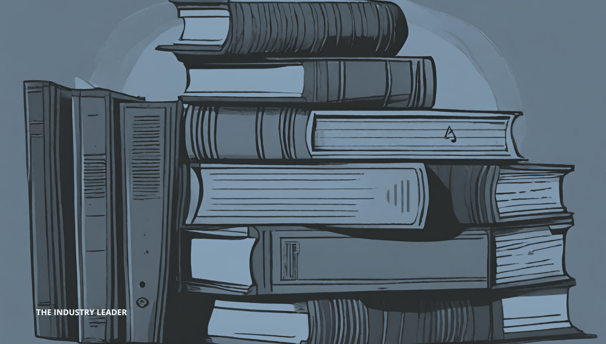What is Copyright and How Does It Work?
Copyright law protects original works of authorship, such as books, movies, music, and software. Learn more about the basics of copyright law and how it works, as well as tips for protecting your copyright and using copyrighted works fairly.
Q + ALAWS
Graham Settleman
11/7/20233 min read


What is a copyright and how does it work?
Copyright is a form of intellectual property law that protects original works of authorship. Copyright law gives creators of original material the exclusive right to further use and duplicate that material for a given amount of time. Once a copyright expires, the copyrighted item becomes public domain.
Copyright protects a wide range of creative works, including:
Literary works, such as books, articles, poems, and scripts
Dramatic works, such as plays and musicals
Musical works, including songs and instrumental compositions
Artistic works, such as paintings, sculptures, and photographs
Motion pictures and other audiovisual works
Architectural works
Sound recordings
Computer software
Copyright does not protect ideas, facts, or systems. It also does not protect works that are not original, such as copies of existing works or works that are simply compilations of facts.
How copyright works
Copyright protection is automatic upon creation of an original work. There is no need to register a copyright with the government in order to be protected. However, registering a copyright can provide certain benefits, such as creating a public record of the copyright and making it easier to enforce your copyright rights.
Copyright protection lasts for the life of the author plus 70 years. For works made for hire, copyright protection lasts for 95 years from the date of publication or 120 years from the date of creation, whichever is shorter.
Copyright owners have a number of exclusive rights, including the right to:
Reproduce the work
Prepare derivative works based on the work
Distribute copies of the work to the public
Perform the work publicly
Display the work publicly
Copyright owners can also license their copyright rights to others. This allows others to use the copyrighted work in certain ways, such as by reproducing it, distributing it, or performing it.
Fair use
There is an important exception to copyright protection known as fair use. Fair use allows for the limited use of copyrighted material without permission from the copyright owner. Fair use is typically determined on a case-by-case basis, but some common examples of fair use include:
Criticism or commentary on a copyrighted work
News reporting
Research and education
Parody
Copyright infringement
Copyright infringement occurs when someone uses a copyrighted work without permission from the copyright owner. Copyright infringement can be either intentional or unintentional.
Intentional copyright infringement can be a crime, and copyright owners can sue for damages for both intentional and unintentional copyright infringement.
How to protect your copyright
There are a number of things you can do to protect your copyright, including:
Register your copyright with the U.S. Copyright Office
Place a copyright notice on your work
Keep records of your work, such as creation dates and drafts
License your copyright rights to others carefully
Monitor your work for unauthorized use
Conclusion
Copyright law is a complex area of law, but it is important for creators to understand their rights under copyright law. Copyright law can help creators to protect their work and to earn a living from their work.
Here are some additional tips for protecting your copyright:
Use digital rights management (DRM) to protect your digital works.
Consider using a creative commons license to allow others to use your work under certain conditions.
Be aware of the fair use exception to copyright protection.
If you believe that your copyright has been infringed, you may want to consult with an attorney.
Copyright and the internet
The internet has made it easier than ever to share and use copyrighted works. However, it is important to remember that copyright law still applies to online use of works.
If you are using a copyrighted work online, you should always get permission from the copyright owner. If you are unsure whether you need permission, it is best to err on the side of caution and get permission.
Here are some tips for using copyrighted works online:
Use copyrighted works only for fair use purposes.
Link to copyrighted works instead of copying them.
Get permission from the copyright owner before using copyrighted works on your website or blog.
Use a creative commons license to allow others to use your work under certain conditions.
Be aware of the copyright laws of the countries where you are using copyrighted works.
Copyright law is an important part of protecting the creativity and innovation that drives our society. By understanding copyright law, creators and users of copyrighted works can help to ensure that copyright works are used and enjoyed fairly.
A Breakdown of Copyright Basics
Related Content
Get Connected
Stay up to date with weekly digests, product announcements, special offers and more.
Information published to or by The Industry Leader will never constitute legal, financial or business advice of any kind, nor should it ever be misconstrued or relied on as such. For individualised support for yourself or your business, we strongly encourage you to seek appropriate counsel.
Urikville Press Ltd © 2024
